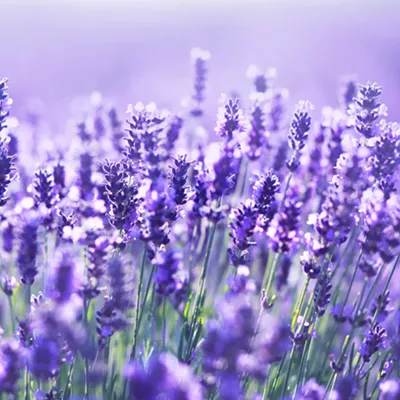Recent news concerning cannabis can be described as a one step forward, two steps back situation. The green wave of legalization made its way ashore in yet another state — the fourth in the past year — but was stopped short in another. On top of all that, last week's news reminded us that cannabis issues aren't simply confined by state lines, but rather are part of the global supply chain as well.
WELCOME, RHODE ISLAND
Last Wednesday, Rhode Island became the 19th state to legalize cannabis when Gov. Dan McKee signed into law a measure legalizing recreational cannabis, immediately expunging convictions for simple possession and establishing provisions for an equity-minded legal market.
McKee's signature on the measure came just one day after the Rhode Island House and Senate approved it, respectively, in 55-16 and 32-6 votes. Legal cannabis first came to New England in 2016, when it was legalized in Maine and Massachusetts. Six years later, New Hampshire remains the only state in the region yet to follow suit: Connecticut legalized cannabis last July, while Vermont legalized it in April.
A DELAWARE DOWNER
In early May, the Delaware State House and Senate both approved a bill that would legalize cannabis in the state. But the excitement was muted as Gov. John Carney has long been a vocal opponent of cannabis legalization. Last week, when the bill made it to his desk, Carney vetoed it.Carney told local reporters at WMDT-TV that he was concerned about the lack of a regulatory framework included in the bill, which would legalize possession but not establish a legal market. Carney's predecessor, Jack Markell, signed into law a 2015 bill that decriminalized possession of up to 1 ounce of cannabis for personal use. That law remains in effect.
CANNABIS, WAR AND THE SUPPLY CHAIN
Russia's invasion of Ukraine, along with the ongoing supply chain issues stemming from the pandemic, are beginning to impact the domestic cannabis market. MJBizDaily reports that those within the cannabis industry are preparing for price increases tied to a shortage of fertilizer needed to grow cannabis at industrial scale. Their reporting shows that 28 percent of the global supply of nitrogen, phosphorus and potassium, used in agricultural fertilizers, come from Russia and Ukraine. Exports from both countries have been severely curtailed by the war.
Less fertilizer means higher prices, which industry experts expect will lead to cannabis growers scaling back their operations. In turn, that leads to less cannabis being grown, which means higher prices for the cannabis that is available. ♦



















